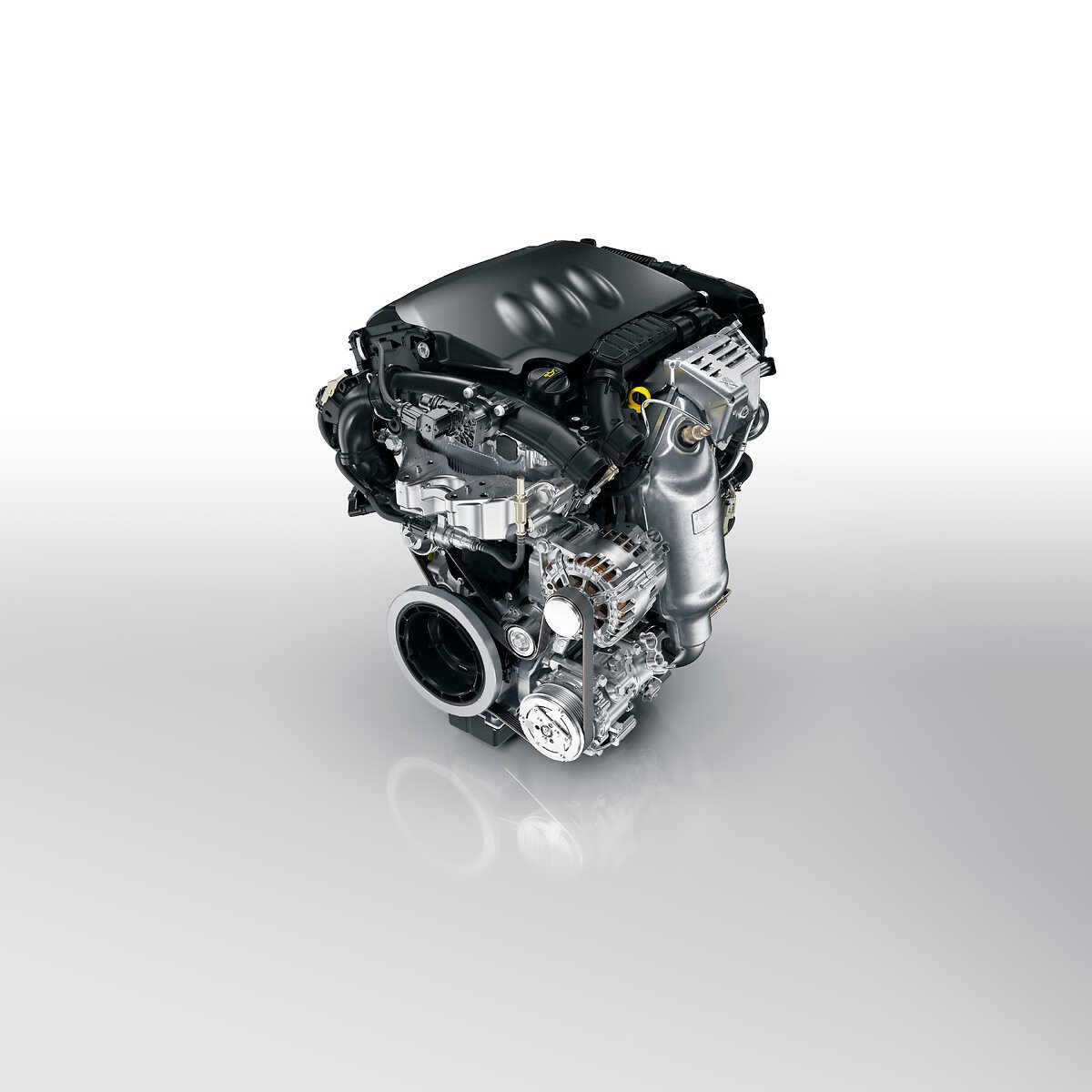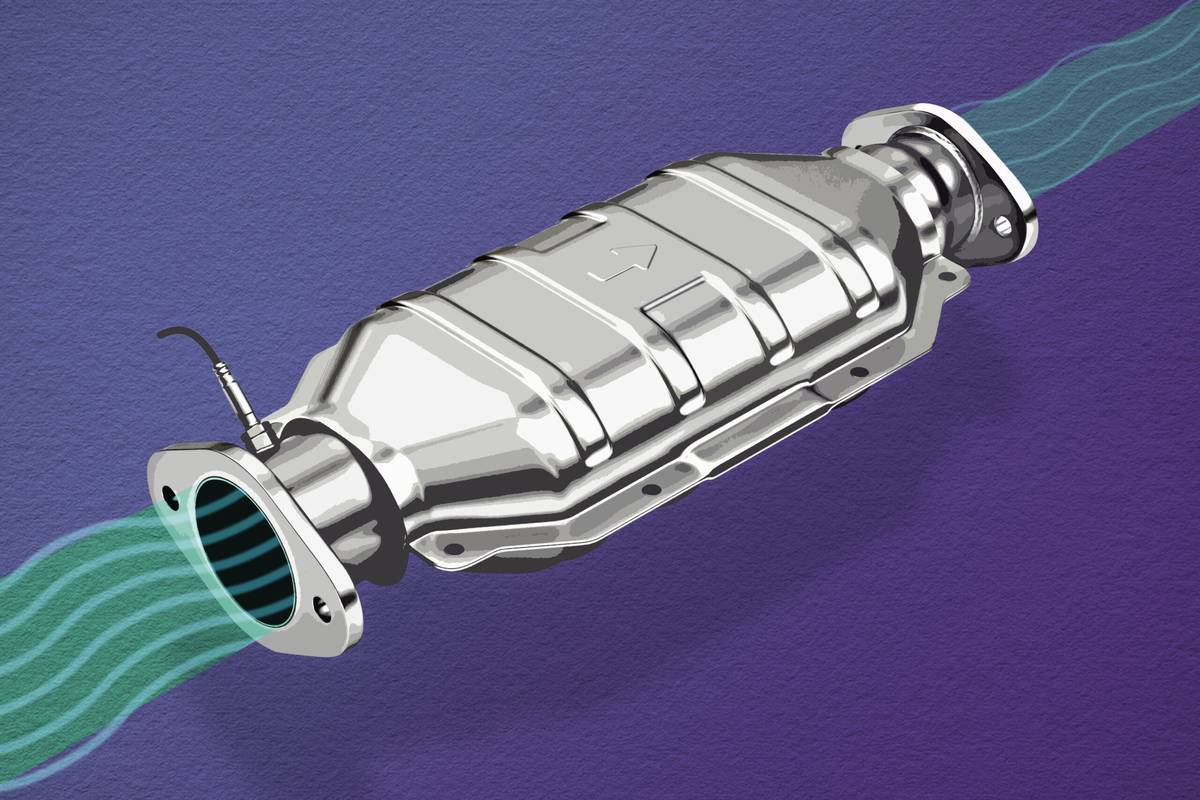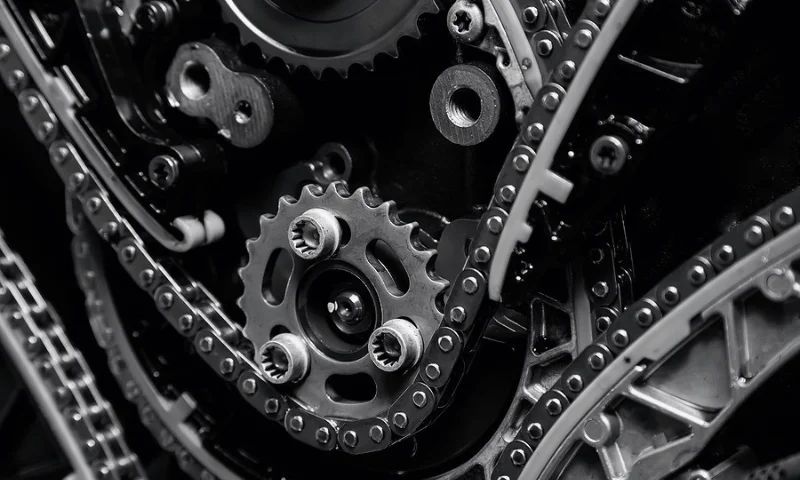Background on the Puretech 1.2 Engine
The Puretech 1.2 engine is a 3-cylinder gasoline engine produced by PSA Group. It was introduced in 2013 as a fuel-efficient alternative to larger displacement engines. The Puretech 1.2 uses direct fuel injection, turbocharging, and an engine stop-start system to reduce emissions and improve fuel economy. It produces up to 110 horsepower while maintaining competitive performance.
1.2 Models that use the Puretech 1.2 Engine
1.2.1 Peugeot 208
The Peugeot 208 subcompact hatchback was one of the first models to use the Puretech 1.2 engine when it launched in 2013. It is now in its second generation with improved infotainment and driver assistance technologies.

1.2.2 Peugeot 3008
The compact SUV Peugeot 3008 uses the Puretech 1.2 engine to achieve up to 42 mpg on the highway. It has seating for 5 and cargo space benefits from folding rear seats.
1.2.3 Peugeot 308
The 308 compact sedan and hatchback were refreshed for 2018 with thePuretech 1.2 engine option. It seamlessly integrates technology like Peugeot’s i-Cockpit with a compact steering wheel and digital instrument cluster.
1.2.4 Peugeot 2008
The subcompact crossover Peugeot 2008 adopts the Puretech 1.2 engine for its 2019 redesign, improving fuel economy and emissions over the previous 1.6L engine.
Common Issues
2.1 Oil Consumption
2.1.1 Causes of Excessive Oil Consumption
Excess crankcase pressure from the turbocharger is a primary cause of oil consumption on the Puretech 1.2. Worn piston rings also allow oil to enter combustion chambers.
2.1.2 Symptoms of High Oil Consumption
Signs of abnormal oil use include low oil level warnings, blue or white smoke from the exhaust, and an oily dipstick. Consumption over 1 quart per 1000 miles is considered excessive.
2.2 Camshaft Wear
2.2.1 What causes camshaft wear?
Faulty valve clearances, lack of lubrication, and extended engine timing allow cam lobes and followers to rub together, damaging the camshaft surface over time.
2.2.2 Signs of a worn camshaft
A worn cam results in loss of compression, irregular idle, and rough engine operation. Camshaft replacement is usually necessary once wear is detected.
2.3 Timing Chain Stretch and Failure
2.3.1 Timing chain design flaw
The single-row timing chain used in early Puretech engines was prone to stretch over time due to faulty chain guides and lack of lubrication pathways.
2.3.2 Symptoms of a stretched/failed timing chain
A stretched chain causes erratic valve timing, knocking noises, reduced power, and ultimately engine failure if not addressed.
2.4 Catalytic Converter Failure
2.4.1 Why do Puretech cats fail?
High underhood temperatures coupled with excess oil consumption damage the ceramic substrate inside the catalytic converter, causing premature clogging.
2.4.2 Catalytic converter failure signs

Warning signs include illuminated check engine lights related to emissions, reduced engine performance, and smelly exhaust. Replacement is usually required.
2.5 Carbon Buildup
2.5.1 Causes of Carbon Deposits
Direct injection contributes to carbon forming inside port fuel injection engines like the Puretech over time due to poor fuel distribution.
2.5.2 Effects of carbon buildup
Carbon reduces the efficient flow of air, gases, and heat through the engine, causing driveability issues like rough idle and reduced power.
Recalls and Lawsuits
3.1 Oil Consumption Recall
3.1.1 Details of the recall
From 2017-2020, PSA issued oil consumption recalls in several markets covering over 1 million Puretech engines built between 2012-2018.
3.1.2 Eligibility and Repair Process
Affected vehicle owners can have their engine assessed and repaired, often involving new piston rings and potentially a short block replacement depending on consumption levels.
3.2 Timing Chain Class Action Lawsuit
3.2.1 Allegations in the lawsuit
A class action was filed against PSA in the U.S. alleging they were aware of timing chain and guide defects but failed to adequately address the issues.
3.2.2 Current status of the lawsuit
As of 2022, the lawsuit remains in pre-trial motions with no settlement reached. Owners continue to seek compensation for engine repairs.
Repair and Maintenance
4.1 Oil Changes
4.1.1 Recommended oil grade
PSA specifies fully synthetic 0W-40 or 5W-40 oil meeting the latest ACEA/API standards. Conventional or blended oils are not recommended.
4.1.2 Oil change interval
The manufacturer recommends changing oil every 15,000 miles or 1 year. Shorter intervals may be necessary if excess consumption occurs.
4.2 Carbon Cleaning
4.2.1 When is carbon cleaning needed?
Carbon buildup cleaning should be performed if driveability issues occur between 60,000-100,000 miles depending on driving habits.
4.2.2 The carbon cleaning process
Carbon cleaning uses walnut blasting media or chemical solvents to remove carbon deposits from combustion chambers, ports, and valves.
4.3 Timing Chain Replacement

4.3.1 Symptoms timing chain needs replacing
Any cranking or valvetrain noises, low compression, or visible chain stretch over 75,000 miles likely require replacement.
4.3.2 Timing chain replacement procedure
The timing chain, guides, and tensioners must be replaced as a set during this complex multiday repair usually requiring engine removal.
4.4 Catalytic Converter Replacement
4.4.1 Diagnosing catalytic converter failure
An OBD-II scan can detect errors related to the catalytic converter. A visual inspection underneath may reveal damage.
4.4.2 Catalytic converter replacement cost
Expect to pay $1000-2500 for converter replacement depending on the vehicle, with higher costs if additional repairs are required.
Consumer Experiences
5.1 Common Complaints and Forums
5.1.1 Excessive oil use complaints
Oil consumption is a top complaint on owner forums, with many reporting consumption over 1 quart every 1000 miles or less.
5.1.2 Timing chain failure reports
Failures between 50,000-150,000 miles are commonly discussed, often resulting in expensive engine rebuilds due to extensive internal damage.
5.2 Reliability and Owner Satisfaction
5.2.1 Repair costs and downtime
Expensive repairs coupled with lengthy shop repairs decrease owner satisfaction and increase the total cost of ownership over time.
5.2.2 Resale value impact
Consistent reliability issues lower resale values, with many buyers avoiding used vehicles still under 100,000 miles due to repair risks.
Common Failures by Mileage
6.1 Under 50,000 Miles
Camshaft wear, carbon buildup driveability issues, and catalytic converter defects are most prevalent.
6.2 50,000-100,000 Miles
Timing chain and guide failures become more frequent risks, along with oil consumption escalating.
6.3 Over 100,000 Miles
Little long-term durability data exists, but sludge and worn components start posing greater risks to longevity. Reliability remains questionable past 6 years/100k miles.
Is the PureTech Reliable?
While the PureTech 1.2 engines are fuel efficient, they have earned a reputation for poor reliability due to excessive oil consumption, premature camshaft wear, carbon buildup issues, catalytic converter failures, and the timing chain design flaw. Overall owner satisfaction is hurt by unexpected repair bills, lengthy shop repairs, and diminished resale values.
Alternatives to the PureTech Engine
For drivers seeking a more reliable small turbocharged engine, some alternatives include the:
- 1.5L I-4 turbo from Toyota/Mazda
- 1.4L I-4 turbo from Volkswagen/Audi
- 1.6L I-4 from Honda
- 1.6L I-4 from Nissan/Renault
- 1.6L I-4 from Hyundai/Kia
- 2.0L I-4 from Subaru
These competing engines tend to have stronger durability records with far fewer technical service bulletins or recalls overall, providing enhanced long-term reliability and peace of mind.
Consumer FAQs
Q: How do I know if my Puretech engine has an oil consumption issue?
A: Check oil levels regularly and top up as needed. Over 1 qt low in 1,000 miles is excessive. Blue or white exhaust smoke also indicates burning oil.
Q: Can carbon buildup be prevented in the Puretech engine?
A: Not completely, but using top-tier gasoline, avoiding short trips, and performing regular carbon cleanings can help slow accumulation.
Q: What are the common timing chain failure symptoms?
A: Loud rattling or knocking noises from the engine, rough idling, loss of power, and hesitation under load typically precede failure. Have the chain inspected proactively.
Q: Is the ongoing timing chain class action lawsuit still active?
A: Yes, the lawsuit against PSA regarding timing chain defects on certain Puretech engines remains in pre-trial motions in the U.S. as of 2022 while seeking vehicle repairs or compensation for owners.
Q: How can I sell my Puretech vehicle with these issues?
A: Be upfront about any known issues and service history. Offer an extensive test drive and consider selling privately vs. trading in to potentially get a better price. Reliability may still impact resale value.
Puretech Engine Statistics
- Over 10 million Puretech engines produced since its introduction in 2013
- 1.2 million recalled for oil consumption issues between 2017-2020
- 75% of timing chain failures reported between 50,000-120,000 miles
- Average catalytic converter replacement cost $1,500
- 60,000-100,000 miles is the peak period for carbon cleaning needs
- Resale values are estimated 10-15% lower than the competition due to reputation
- Major technical service bulletins span 2013-2018 model years
- 3 out of 5 owner reviews on Edmunds mention unexpected repair bills
Alternative Engine Comparison
| Engine | Manufacturer | Best Known Vehicles | Issues Reported |
|---|---|---|---|
| 1.5L I-4 Turbo | Toyota/Mazda | Corolla, C-HR, CX-30 | Oil dilution, carbon buildup |
| 1.4L I-4 Turbo | VW/Audi | Jetta, A3 | Carbon buildup, DSG repairs |
| 1.6L I-4 | Honda | Civic, Insight | None significant |
| 1.6L I-4 | Nissan/Renault | Sentra, Clio | Head gasket failures |
| 1.6L I-4 | Hyundai/Kia | Elantra, Forte | Oil sludge, carbon buildup |
| 2.0L I-4 | Subaru | Impreza, Crosstrek | Head gasket issues, carbon buildup |
In summary, while various small turbo engines face their issues, Puretech’s combination of problems lowers its overall reliability reputation compared to alternatives like Honda and Subaru powerplants. Consistent maintenance is key to maximizing any engine’s usable lifespan.








